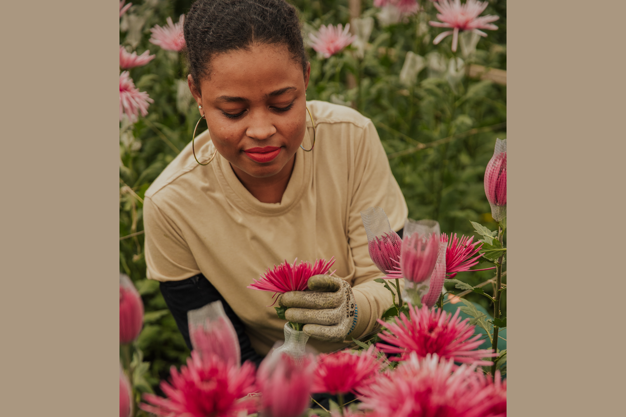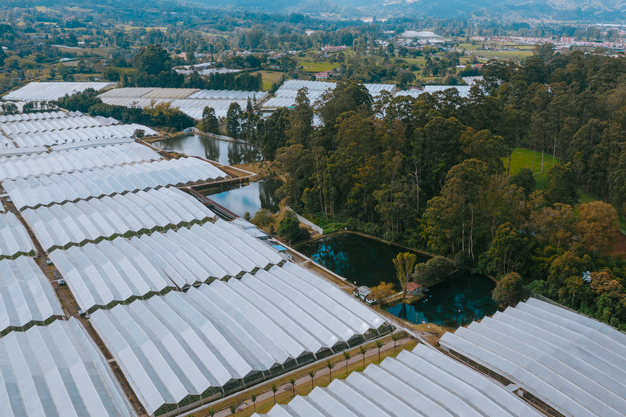San Nicolás Valley, in the mountains of Colombia, is the operating base of Capiro – a producer and exporter of chrysanthemums. According to Carlos Manuel Uribe, CEO of Capiro, it was the innovative approach of the company's founders that inspired him and his team to embrace maritime transport. "At Capiro, we are experts in sea freighted chrysanthemum. We annually produce around 230 million stems that are predominantly exported to the UK and US, with 93% of the exports being transported by sea."

Photo credits: Capiro
From tomatoes to chrysanthemums
The company's journey began unexpectedly; originally an unsuccessful tomato project, the company transitioned to chrysanthemum cultivation in response to market advice. By 1999, Uribe assumed leadership, steering Capiro through expansions and consolidations under its brand. Today, the company consists of more than 127 hectares under greenhouse and employing more than 2,500 employees.
Transition to sea freight
Formerly reliant on-air freight, Capiro started to focus on sea freight in 2008 in a move to sustainably access new markets. Uribe cites environmental responsibility as a driving force behind this shift, saying: "Sea freight allows for a reduction of 57 tons of CO2 per container shipped compared to air shipments. To this day, Capiro has shipped more than 12 thousand containers around the world." Uribe also states that Colombian's port infrastructure improves Capiro's competitiveness relative to global counterparts. "We will soon benefit from the upcoming port 'Puerto Antioquia', a new facility set to further bolster logistics."

Photo credits: Capiro
Uribe adds: "Beyond logistics, Capiro's sustainability efforts involve carbon-negative initiatives by year-end, and investments in eco-friendly practices like biocides and efficient led lighting. We attach great value to sustainability, not only for its environmental and financial aspects, but also their social impact. Therefore, we became a B company, meaning that we are committed to an economic system that benefits the planet and all people."
Navigating challenges and future prospects
Despite industry challenges such as weather variability and labor shortages, Uribe remains optimistic. "Technology integration and youth engagement initiatives are pivotal strategies. With a robust focus on quality and customer preferences, Capiro is ready to capitalize a growing global demand. Looking ahead, Capiro anticipates expanding into the German market and reinforcing its US footprint amid rising CO2 regulations. With a persistent commitment to innovation and sustainability, Capiro is not only shaping the future of chrysanthemum cultivation but also setting benchmarks in global floriculture."

Photo credits: Capiro
For more information:
Capiro
+57 (604) 448 93 10
www.capiro.co
